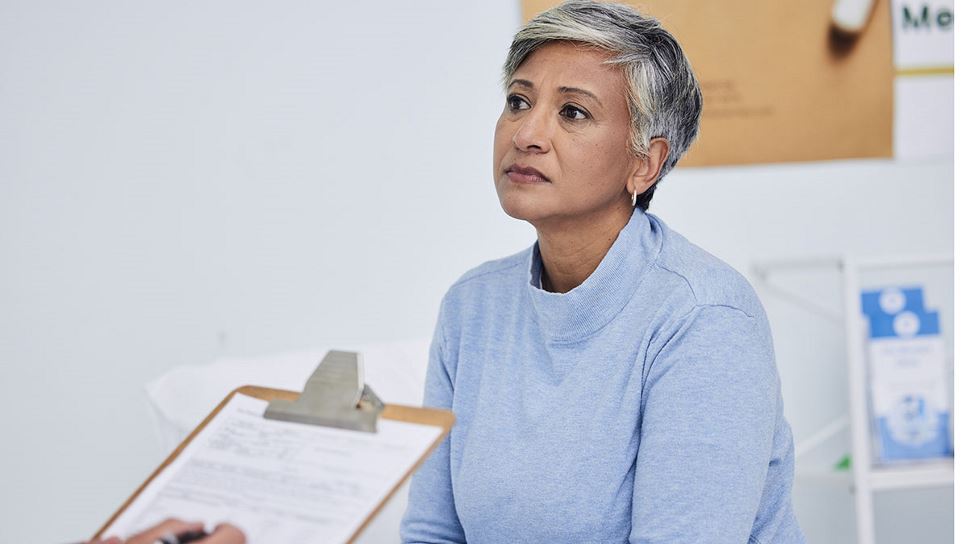Diabetes affects the body's ability to make or properly use insulin. This leads to high levels of glucose (sugar) in the blood. Maintaining a healthy blood sugar level is key to managing diabetes. Choosing nutritious foods and watching portion sizes can help you control blood sugar levels. See how a registered dietitian nutritionist (RDN) can help you ensure you're gettting the nutrients you need.
What Is Medical Nutrition Therapy?
RDNs treat diabetes with medical nutrition therapy, also referred to as MNT. MNT includes a nutrition diagnosis as well as therapeutic and counseling services to help you manage diabetes. Many insurance plans cover these services. Medicare Part B covers MNT for diabetes and kidney disease. If you have private insurance, check with your individual plan for specific coverage details. An RDN who meets certain requirements can provide these services.
An RDN can discuss a variety of nutrition approaches to help you manage diabetes. For example, carbohydrate counting, simplified meal plans, healthy food choices, exchange lists and behavior strategies. One study found that three to six months after medical nutrition therapy, HbA1c was reduced. Plus, research shows that meeting regularly with an RDN helps manage weight, improves cholesterol levels, decreases the need for medicines and reduces risk for other diseases.
Why a Registered Dietitian Nutritionist?
RDNs are credentialed food and nutrition experts. They have completed multiple levels of training established by the Accreditation Council for Education in Nutrition and Dietetics. Some RDNs are generalists — they have knowledge about a variety of nutrition subjects. Others have a specialty interest or an advanced credential. An RDN who is a Certified Diabetes Care and Education Specialist, or CDCES, educates people with diabetes on how to manage their condition and improve their health outcomes.
How Do RDNs Help?
An RDN figures out what therapy is best for you and works with you on short- and long-term plans. People with diabetes need to understand how foods and nutrition affect their bodies to successfully manage their blood sugar and health. RDNs provide detailed information about how to eat and practical tips for addressing daily challenges. A dietitian can put together a daily meal plan that considers your individual food preferences, level of physical activity and lifestyle choices.
What Should I Expect?
The length of a visit with an RDN may vary. Learning to manage diabetes is complicated so you may need four to five visits across three to six months. Also, yearly follow-ups are recommended.
Find a Nutrition Expert
Looking for credible nutrition information and recommendations? The Academy of Nutrition and Dietetics' network of credentialed food and nutrition practitioners are ready to help!

